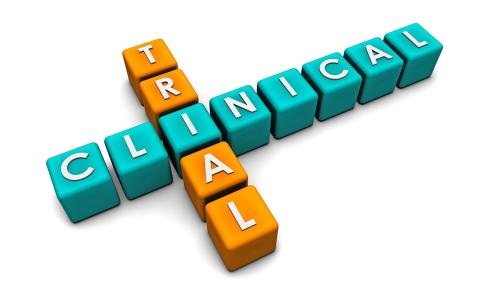Welcome!
Welcome to the new CancerGRACE.org! Explore our fresh look and improved features—take a quick tour to see what’s new.


NCI-designated cancer centers have excellent connections to what offerings are available. Here is a series of videos on understanding clinical trials. Series 1 and Series 2
May you find comfort and support in your journey and know that you are not alone.
*This article was written by Nancy Sladicka Ph.D. and edited by Janine Thompson, GRACE Online Forums Moderator.
Nancy has a background in molecular biology and over 20 years of experience in medical education and healthcare communications. She has been a member of the GRACE Board of Directors for over 10 years and currently is the President of US Operations at Nucleus Global. We thank Nancy and Janine for their time and expertise, and continuing to help the GRACE community!
Please feel free to offer comments and raise questions in our
discussion forums.
Bispecifics, or bispecific antibodies, are advanced immunotherapy drugs engineered to have two binding sites, allowing them to latch onto two different targets simultaneously, like a cancer cell and a T-cell, effectively...
The prefix “oligo–” means few. Oligometastatic (at diagnosis) Oligoprogression (during treatment)
There will be a discussion, “Studies in Oligometastatic NSCLC: Current Data and Definitions,” which will focus on what we...
Radiation therapy is primarily a localized treatment, meaning it precisely targets a specific tumor or area of the body, unlike systemic treatments (like chemotherapy) that affect the whole body.
The...
Biomarkers are genetic mutations (like EGFR, ALK, KRAS, BRAF) or protein levels (like PD-L1) in tumor cells that help guide personalized treatment, especially NSCLC, directing patients to targeted therapies or immunotherapies...
Hi Stan! So good to hear from you. I'm sorry for the late response. I too have been out of town with family and missed your post, probably because I was...
It is so good to hear from you! And I am so happy to hear that your holidays have been good and that you are doing well. It sounds like your...

Welcome to the new CancerGRACE.org! Explore our fresh look and improved features—take a quick tour to see what’s new.
An antibody–drug conjugate (ADC) works a bit like a Trojan horse. It has three main components: